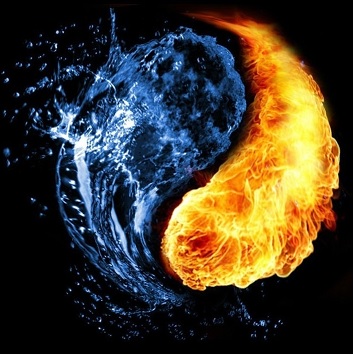Next: Giovanni Gentile Part 3 ⇒ In this section, Julius Evola deals with the nature of thought itself. Thought cannot be the object of thinking, since it would then be just another thought. Rather, there must be something that transcends thinking, the “non-rational”. Nevertheless, the non-rational is not the same … Continue reading
Giovanni Gentile — Part 1
Next: Giovanni Gentile Part 2 ⇒ This is Part 1 of probably four parts of Julius Evola‘s commentary on Giovanni Gentile in Saggi sull’Idealismo Magico (Essays in Magical Idealism). It has been difficult to translate, not just because of the difficulty of the subject matter, but more because there is … Continue reading
Carlo Michelstaedter, Part 1

There is a man in whom the demand of the real individual toward absolute value, toward conviction, has been confirmed in the modern epoch, like a lightning flash and in a reality intense with life; this man, who in the clearest way, by shattering all compromises by which the I has been able to take life to its goal. Continue reading
Race and Death
In this short segment on death and race from Sintesi di dottrina della razza, Julius Evola returns to traditional doctrines. As expected, he makes clear that personality transcends race, i.e., the person creates race, but the race does not create the person. That is because the person transcends his material … Continue reading
The Solar and the Demetrian Races

The ancient symbol of gold always had connections with this form of spirituality. In the political forms of the origins, it acted as the substrate to sacred, or divine, regality, i.e., to the union of the two powers, of the regal and priestly function. Continue reading
The Demonic Element in the Anti-Race

on the metaphysical plane, hysteria, the internal contradiction, can appear only as the quality of those beings, “who say no to being”. But such a quality is exactly that which Christian theology attributes to “demonic” forces. Continue reading
Emile Coue — Part 4

This essay on couism and its problems that arise from it suffices for now. Everyone sees that it is a matter of passionate questions, which would merit being considered and amplified rather more than what has so far been done. Continue reading
Emile Coue — Part 3

Fundamentally, it comes back to the vexed theological question of grace. The principle that faith, once reached, is an irresistible power, which immediately realizes what it believes is true, has been known from the most remote times Continue reading
Emile Coue — Part 2

This is part 2 of Julius Evola‘s review of the movement initiated by Emile Coué. It would be curious that Coué discovered all these techniques himself, since they are part of Hermetic and magic training. Continue reading
Emile Coue — Part 1

Every day, in every way, I am getting better and better. Continue reading